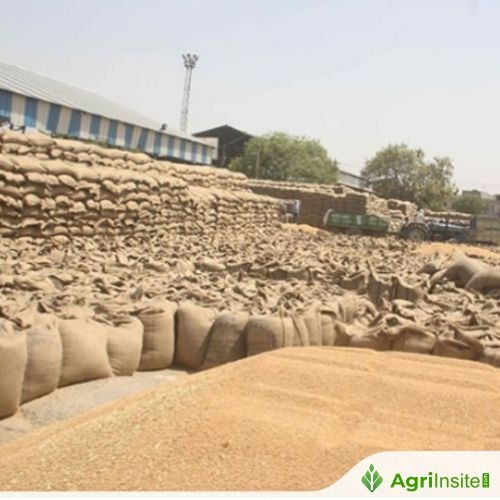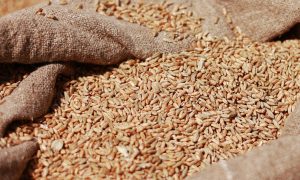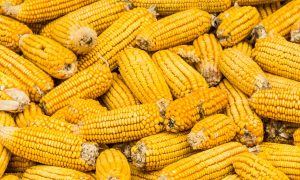Punjab farmers worried as wheat straw prices dip amid lack of demand

A sharp drop in toori (chopped wheat straw) prices has hit Punjab’s wheat farmers hard, with rates falling from ₹500 to ₹130–₹180 per quintal due to reduced demand from the dairy sector. Rising use of silage and rice straw has replaced traditional fodder. Farmers fear losses and may resort to burning the residue, raising environmental concerns.
A record dip in the prices of toori (chopped wheat straw), which is used as animal fodder, due to lesser demand in the dairy sector this year has left the wheat growers in a fix.
Traders say this year, rates in several parts of the state remained stagnant at ₹130- ₹180 per quintal, whereas in 2024, its rates touched ₹500 per quintal.
Experts warned that if the trend continues, it may push the farmers to burn the wheat residue as they will be left with no option for the disposal of the straw.
Stakeholders attribute a sharp decline in demand to the use of silage, a processed and nutritious cattle feed prepared from maize and other ingredients, by the dairy sector, as well as the new practice of feeding rice straw to the livestock.
Faridkot-based Lakhwinder Singh, who has been supplying toori to the dairy owners and industry for the last over a decade, said earlier a farmer could get ₹800-900 for a quintal of chopped wheat straw.
“But now the demand for the toori has shrunk drastically. Four paper mills in Punjab are demanding straw to be used in paper manufacturing and they offer low prices, sensing that wheat growers are hard pressed to sell the wheat byproduct, especially in light of low demand from the dairy owners,” he said.
A wheat grower from Bajak village in Bathinda, Baldev Singh, said his stock of about 1,000 quintals of chopped wheat straw is lying unsold due to low rates.
“I cultivated wheat on 50 acres, and each acre generates about 20 quintals of toori. It costs around ₹200-250 per quintal to produce toori, whereas the traders are offering ₹160 per quintal. I cannot sell at a loss. I will wait till January next year when its rate may touch ₹300,” he added.
A progressive farmer Tarsem Singh of Salina village in Moga, said the sale of toori brought additional income to the farmers and curbed farm fires.
“A farmer used to get an additional income of around ₹4,000 per acre after producing toori. But it is the second season when rates have dipped, and there is hardly any demand for the conventional fodder,” he said.
Former chairperson of the Punjab state farmers commission (PSFC) Ajayvir Jakhar attributed the low demand for toori to the dairy sector shifting to paddy residue to feed livestock.
“Chopped wheat straw is traditionally mixed with other nutrients, and the cattle can digest it better. Since paddy stubble is managed in a better way, a shift is seen in the baled residue,” he opined.
Punjab Agricultural University (PAU) principal agronomist and wheat expert Hari Ram said that the trend is worrisome.
“We fear that farmers may resort to farm fires after harvesting wheat. Demand for the toori as a dry fodder is decreasing, and the situation requires serious thought,” said the expert.
Ravinder Singh Grewal, director of extension education and director of the livestock farm at the Ludhiana-based Guru Angad Dev Veterinary and Animal Sciences University, said that silage is a highly nutritious food for cattle, and it should not be discouraged.
“Rates of toori in Ludhiana, the hub of the commercial dairy activities, have improved to ₹400 per quintal, but ways need to be found for the usage of wheat straw in different industries,” Grewal said.
To Read more about Wheat News continue reading Agriinsite.com
Source : Hindustan Times
















